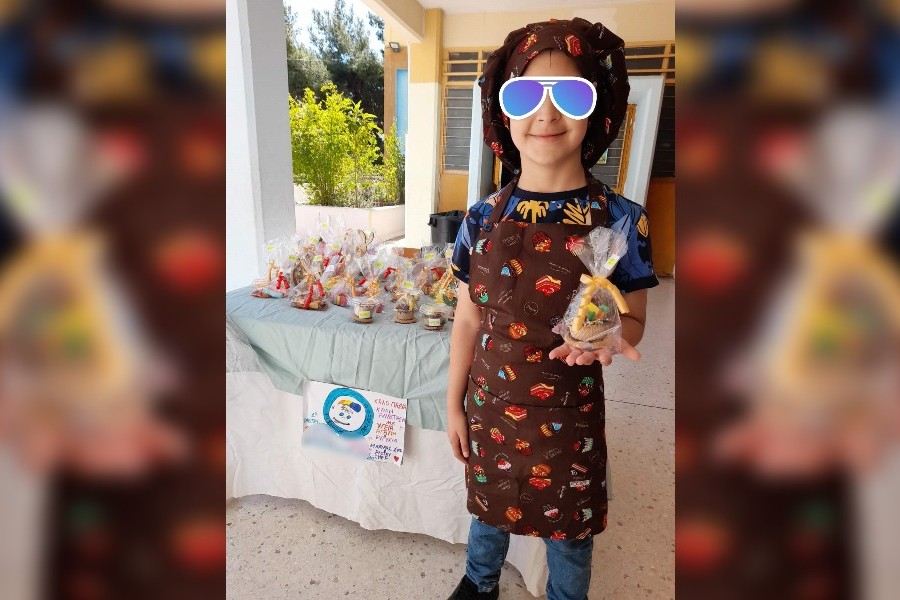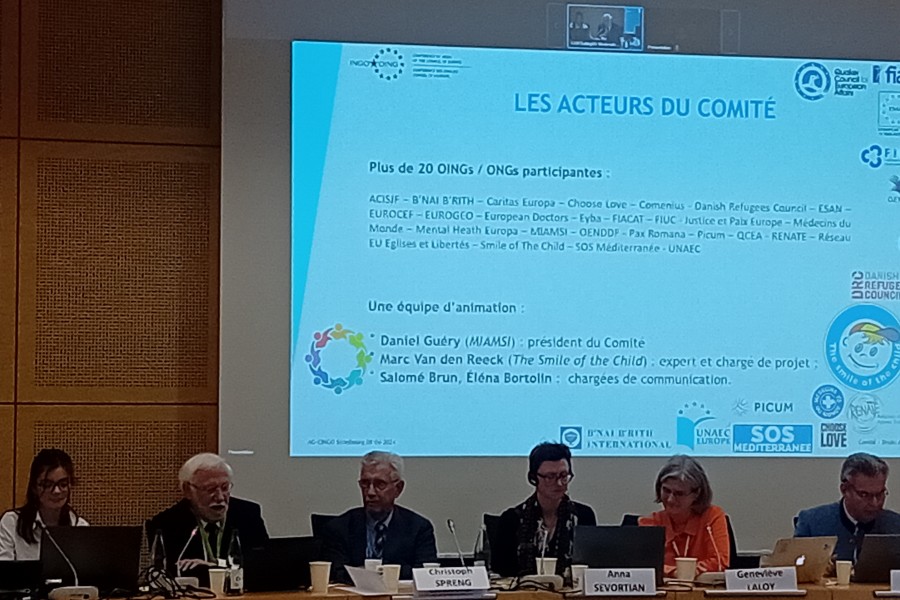Talking to children about death....
An average person is faced with a number of losses during his lifetime. However, despite the fact everyone experiences loss, we are socially trained to overcome the feelings it causes us, either by rationalizing them or suppressing them.
The result is that children neither become accustomed to the concept of loss, nor do they learn how to face it. As a result, they turn into adults that face difficulties in handling a plethora of situation involving loss (e.g., divorce, change of job, death, etc.)
Every child has his/her own way of understanding death, which evolves depending on the development stage he/she is in.
Specifically, pre-school children understand death as absence, but don’t comprehend its permanent nature. They believe the deceased will eventually return and that he/she continues living, thinking, and feeling wherever he/she is. School-age children understand that death is irreversible, but consider it as something that happens to others only. Teenagers have fully understood the concept of death and perceive its metaphysical and symbolic connotations.
Apparently, every child reacts differently to death, depending on his/her development stage, his/her psychoemotional maturity, the relationship with the deceased, as well as his/her parents’ handling of the situation. Some children isolate themselves, others become moody or develop anorexia, suffer from nightmares, nocturnal enuresis, while other still exhibit aggression or psychosomatic reactions.
Despite the fact there are no set steps one must follow when talking about death to a child, it is important creating an environment of support and understanding, where all questions can be answered with respect and without judgement.
What should we as adults keep in mind when called to talk to our child for such a matter?
-We should not hide the fact. Hiding reality or providing false information makes children feel alone and cut off from the rest of the family, often causing them to create their own interpretation, which is often erroneous.
-We should inform them as soon as possible. We need to explain accurately and honestly what transpired, adapting our vocabulary to a child’s comprehension level. We need to inform all children of the family, regardless of age differences, without excluding any child, no matter how young.
-We should pick our words carefully. It’s important, especially when it comes to very young children, talking in clear, simple, and literal terms. We should use words, such as “he/she died” and “death” and not unclear and metaphorical terms, such as “he/she is gone”, “God took him/her”, “he/she went to heaven”, etc, as they may cause confusion.
-We should exonerate the child. We need to assure the child that none of the things he/she did, thought, or said (such as breaking rules or having bad thoughts) caused their loved one’s death. We have to point that, there is nothing he/she could have done to prevent this death.
-We must listen carefully and answer all questions. We can’t overburden our child with information. Time must be provided to express his/her feelings and questions. We must answer all questions and, if we don’t know something, we can simply say “I don’t know”.
-We need to discuss with the child about what will happen from now on. Children worry about the future (who will take care of them, help them with homework, etc). We need to inform them of the changes that will take place in the family’s life, as well as what remains the same.
-We share our own emotions with our child. Children must feel free to express their thoughts and feelings, without feeling bad or being embarrassed for them. It would be helpful to them if the parents also expressed their sadness and mourning with them, without resorting to excessive reactions, or showing signs of breaking down. This would stress the children, leading them to assume a protective role towards the adult and causing them to fear their own feelings of sadness.
-We must allow the child to attend the funeral, if he/she so wishes, after we properly prepare him/her for it. A funeral is a farewell ceremony that can help a child accept death as fact. However, a child needs to prepare for for what he/she is about to see and hear and must be accompanied by a calm and familiar supporting person. It is not recommended sending the child away to a house other than his/her own for long if the parent is not capable of taking care of him/her. It is important that the parent is supported by friends and relatives that can assume temporary household duties and assist with taking care of the child, but must not take the child away from his/her routine and loved ones.
-We can encourage the child to reminisce about the deceased and maintain mementos of that person. In that manner, the child can learn that, although a loved one may no longer be present in his/her life, good memories will remain, effectively dulling the pain.
-Life goes on with hope. The most important and relieving message we can give a child that experiences the deep pain of loss is that, those feelings will eventually subside. We ought to exhibit trust in our child’s ability to overcome sadness and faith that he/she will continue living happy close to loved ones, keeping only good memories of the deceased.
For any question or issue concerning your child, don’t forget that you can consult a psychologist by calling the National Hotline for Children SOS 1056.



